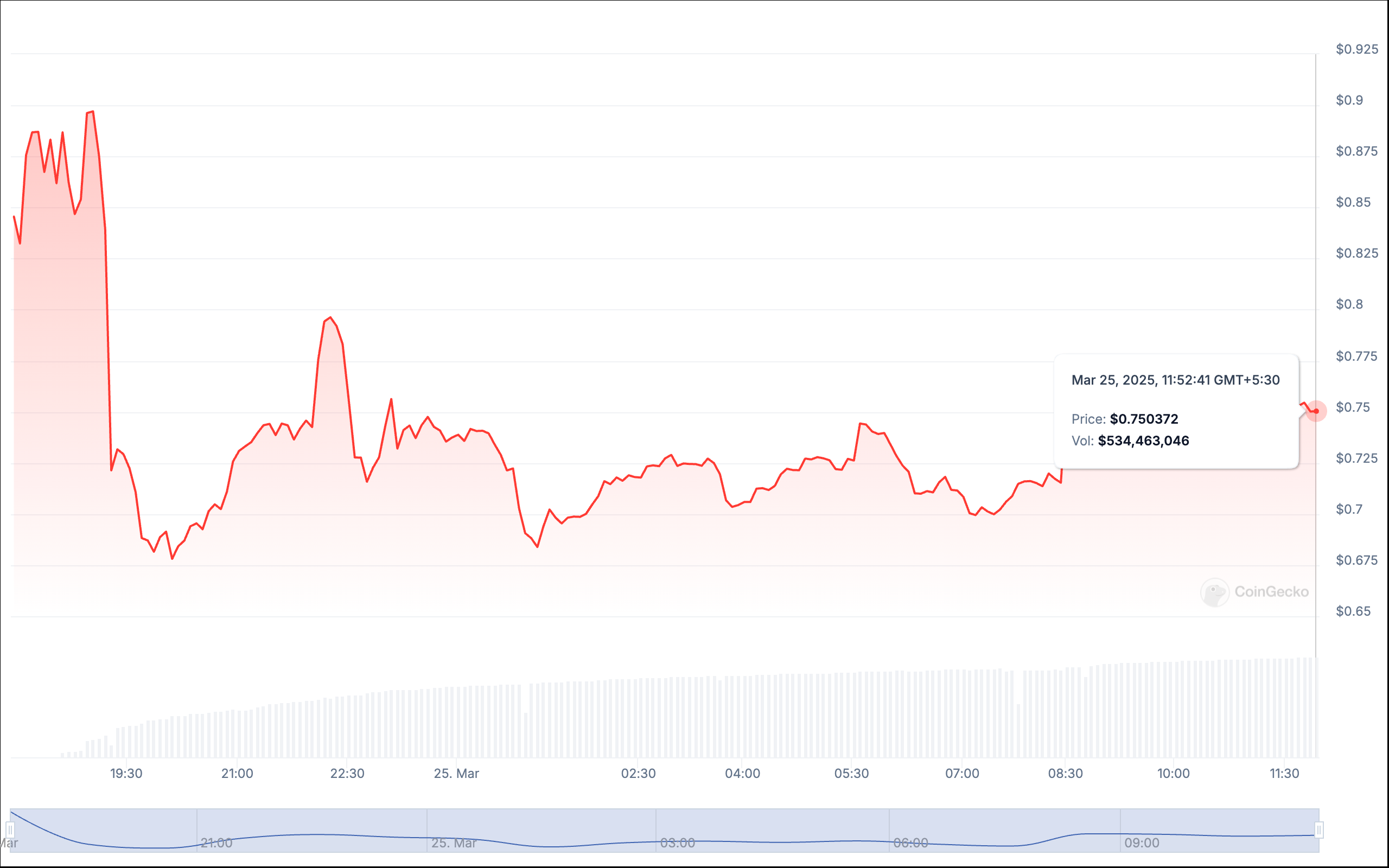Crypto Breakthrough: Google Unlocks Argentina's Digital Currency Ad Landscape

Google Opens Doors for Crypto Advertising in Argentina with New Regulatory Framework
In a significant move for the cryptocurrency industry, Google has announced a groundbreaking policy update that will allow certified cryptocurrency exchanges and digital wallets to advertise in Argentina. The new policy, set to take effect in September 2025, comes with a crucial requirement: all advertising platforms must be registered as Virtual Asset Service Providers (VASPs).
This strategic decision marks a pivotal moment for Argentina's digital finance landscape, providing regulated crypto businesses with unprecedented visibility and legitimacy. By mandating VASP registration, Google aims to create a more transparent and secure environment for potential cryptocurrency investors.
The policy update reflects a growing recognition of cryptocurrency's mainstream potential and signals Google's commitment to supporting regulated digital financial services. For Argentine crypto platforms, this represents an exciting opportunity to expand their reach and build trust with potential users through authorized advertising channels.
Cryptocurrency exchanges and wallet providers will need to carefully navigate the registration process and meet Google's stringent compliance requirements to take advantage of this new advertising avenue.








